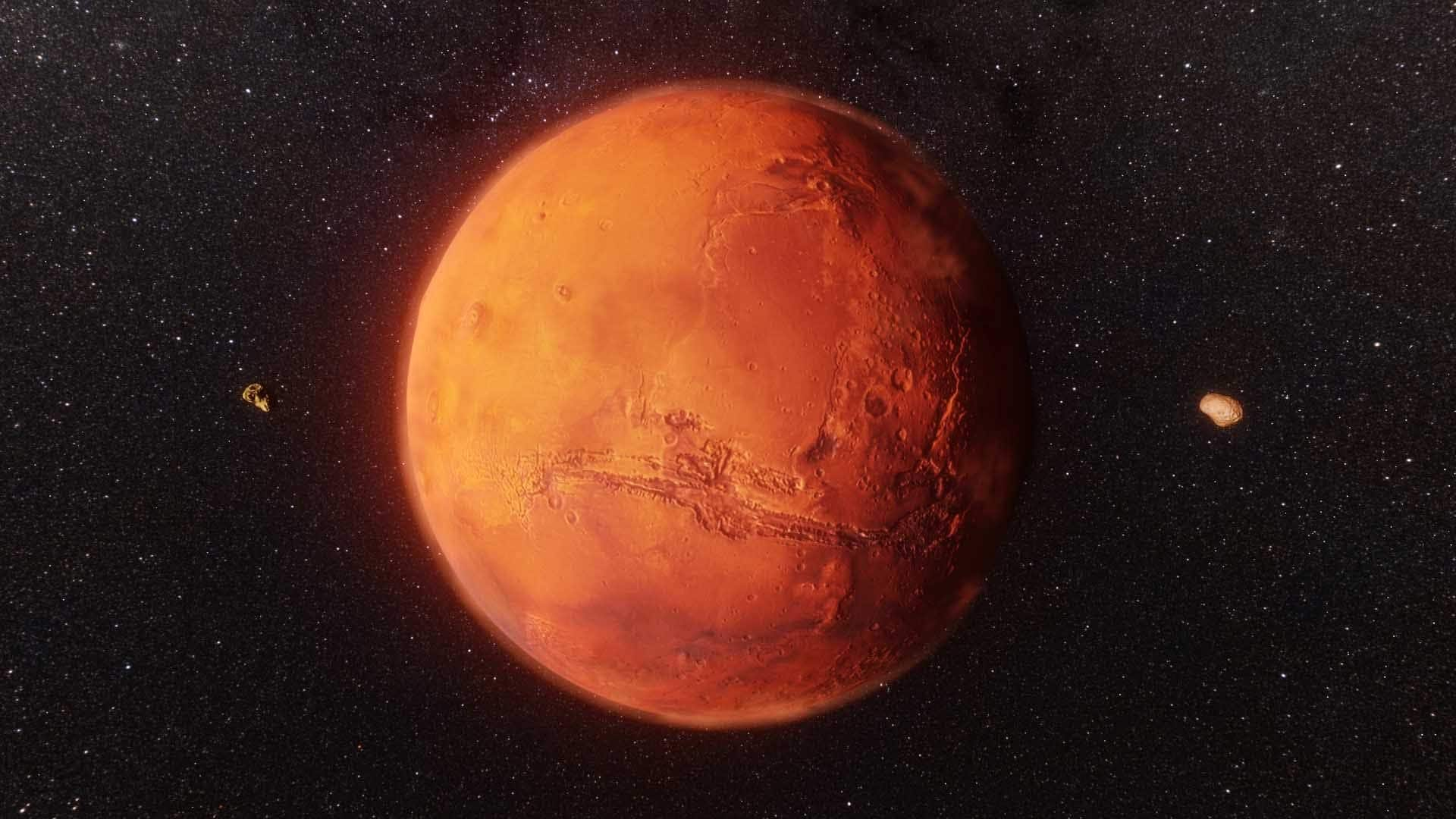
Astronauts may suffer permanent kidney damage after traveling to Mars
What's the story
A new study has revealed that astronauts embarking on missions to Mars could potentially experience permanent kidney damage.
The research, led by University College London (UCL) scientists, analyzed the health records of 24 astronauts who had previously journeyed to the Moon.
The findings suggest that these space travelers could develop painful kidney stones and may even require dialysis.
The study was published in Nature Communications.
Reason
Why does this story matter?
The study is the biggest analysis of kidney health in space flight till date, and includes the first health dataset for commercial astronauts.
The research team conducted a variety of experiments and analyses to investigate how kidneys respond to space travel. They used data and samples from 20 study cohorts.
The results suggest that both human and animal kidneys are 'remodeled' by space conditions.
Findings
Space travel's impact on kidney health
The study indicates that certain kidney tubules responsible for fine-tuning calcium and salt balance, show signs of shrinkage after less than a month in space.
This suggests that the manner in which kidneys process salts, is fundamentally altered by space flight and is likely a primary contributor to kidney stone formation.
The most alarming finding is that mice exposed to radiation-simulating galactic cosmic ray (GCR) for 2.5 years, experienced permanent kidney damage and loss of function.
Future
Potential implications for future Mars missions
Dr. Keith Siew, lead author of the study from the London Tubular Center at UCL Department of Renal Medicine, warned that without new methods to protect the kidneys, astronauts on a three-year round trip to Mars might require dialysis.
He emphasized that by the time signs of radiation damage become apparent in the kidneys, it's likely too late to prevent failure.
This could be catastrophic for the mission's success.
Insights
Study highlights importance of kidney protection in space missions
Senior author of the study from the London Tubular Center, Professor Stephen B. Walsh, emphasized the importance of kidney protection in space missions.
He noted that while shielding can't protect kidneys from galactic radiation, advancements in renal biology may lead to technological or pharmaceutical measures for extended space travel.
These drugs could also benefit cancer patients on Earth by enabling their kidneys to tolerate higher doses of radiotherapy.